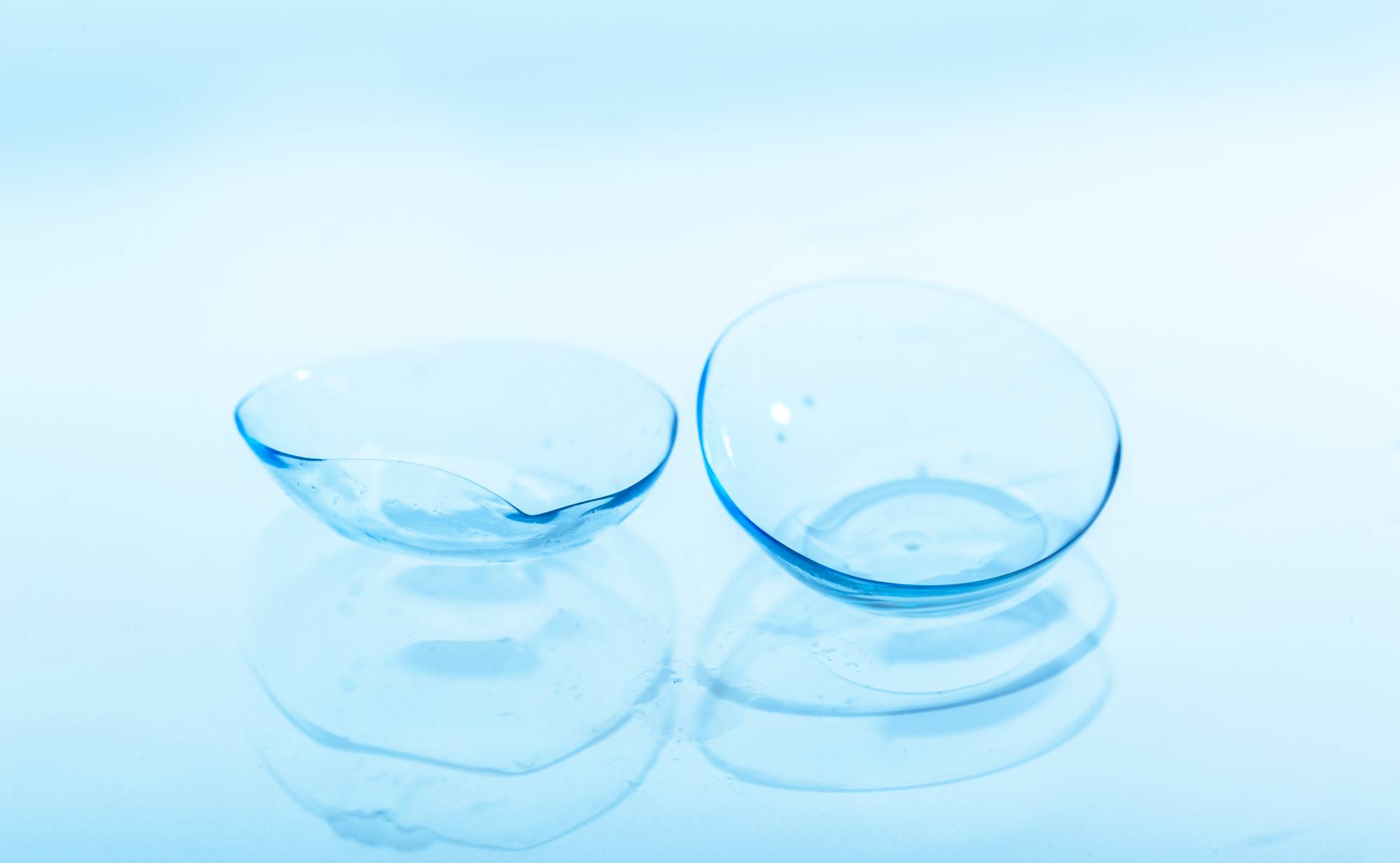
Thinking about switching from your good, classic prescription eyewear to contact lenses? You are not alone. About 45 million Americans now wear contact lenses according to the American Optometric Association. Many people use contact lenses to correct a wide array of defects or refractive errors, and even to treat certain eye diseases. But how do you know which specialty lenses are right for you?
Reasons Why People Opt for Contact Lenses
Contact lenses can give you a wider field of vision.
Unlike prescription glasses, contact lenses can offer you a full-field focused vision since they move synchronically with your eyes. Contact lenses are available in exact prescription strength as eyeglasses. However, contact lenses can help in tracking all sorts of activities sharply even through your peripheral vision. Aside from that, contact lenses don’t steam up, gather tiny water spots, or distort light as in eyeglasses.
Contact lenses can support your active lifestyle.
Further, contact lenses can give you more autonomy and adaptability in leading an active lifestyle. Since they are more volatile and a lot less obtrusive as compared to glasses, any movement can be done easily. Besides, if you enjoy riding a motorcycle or play contact sports that require protective headgears, such as lacrosse or football, contact lenses will not interfere with your helmet. Unlike eyeglasses, it’s hardly possible for your contact lenses to slip off, press your nose, or brush against your ear.
Contact lenses can help improve the way you look and feel about yourself.
While there’s nothing wrong at all with using eyeglasses (as a matter of fact, a lot of people actually appreciate the way they look with their glasses on), others find contact lenses better. Contact lenses don’t cover your face with frames, thus giving you that natural appearance. If you are someone who likes to wear makeup, contact lenses can help you show off your fashionable eye shadow and eyelash extensions.
Types of Contact Lenses
The Food and Drug Administration in the United States identified two general categories of contact lenses. These are the soft contact lenses and the rigid gas permeable (RGP) contact lenses. All contact lenses should be prescribed by a specialist.
Soft contact lenses are generally made of soft lens materials, such as silicone, that allow oxygen to pass through to the cornea. They are usually easier to adjust and are more comfortable compared to RGP, letting you get used to them in just several days. Most users of this type are prescribed with some sort of frequent replacement schedule. These are disposable contact lenses that should only be used once and then discarded. If you are required to a daily wear schedule, you can use DAILIES® AquaComfort Plus®, which is a pair of daily disposable contact lenses that can give you all-day comfort.
RGP contact lenses, on the other hand, tend to be more resistant to deposit buildup, thus provide a sharper and fresher vision to users. Since this type is more durable and lasts longer than soft contact lenses, RGP tends to be less expensive. However, it can take you a few weeks to get comfortable with RGP contact lenses.
We, at City Eyes Optometry Center in Los Angeles, California, can help you decide which specialty lenses are best for you. Call us at (818) 960-1300 to book your session now.



